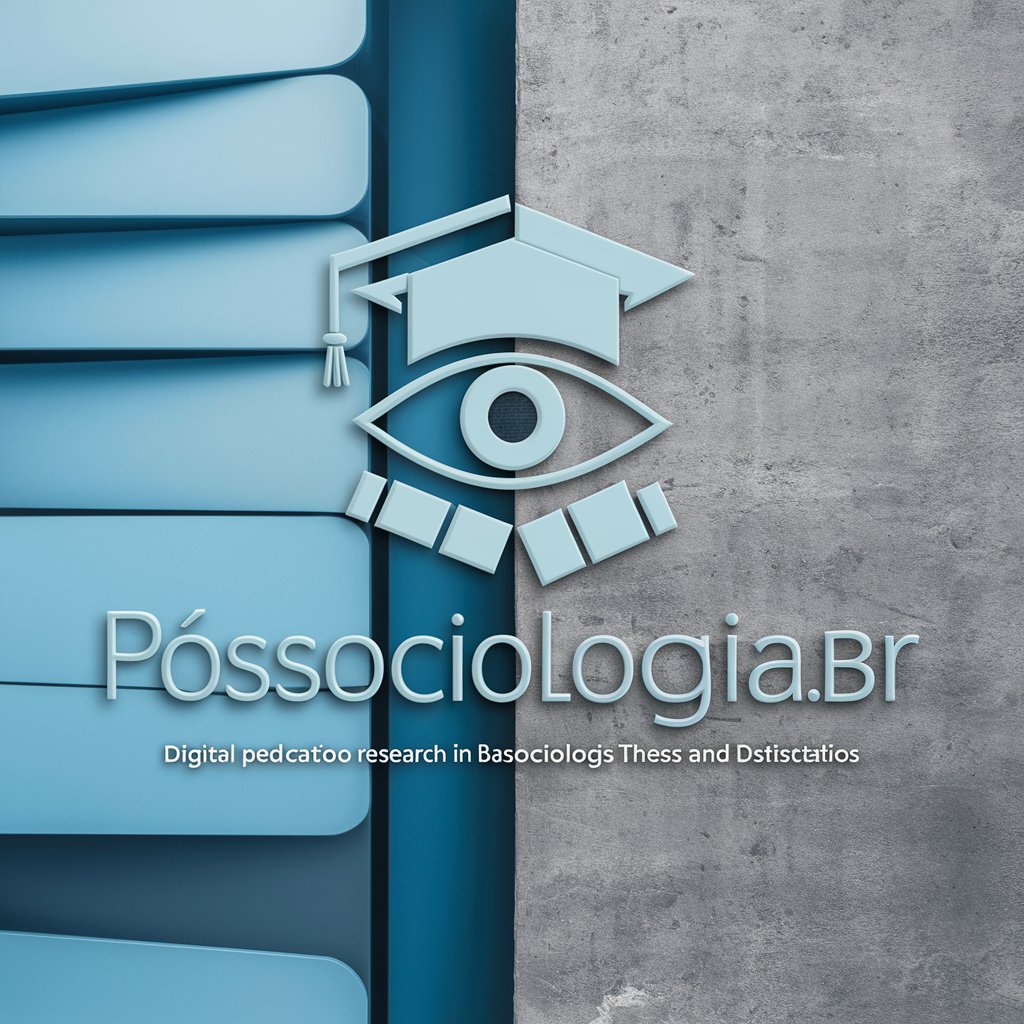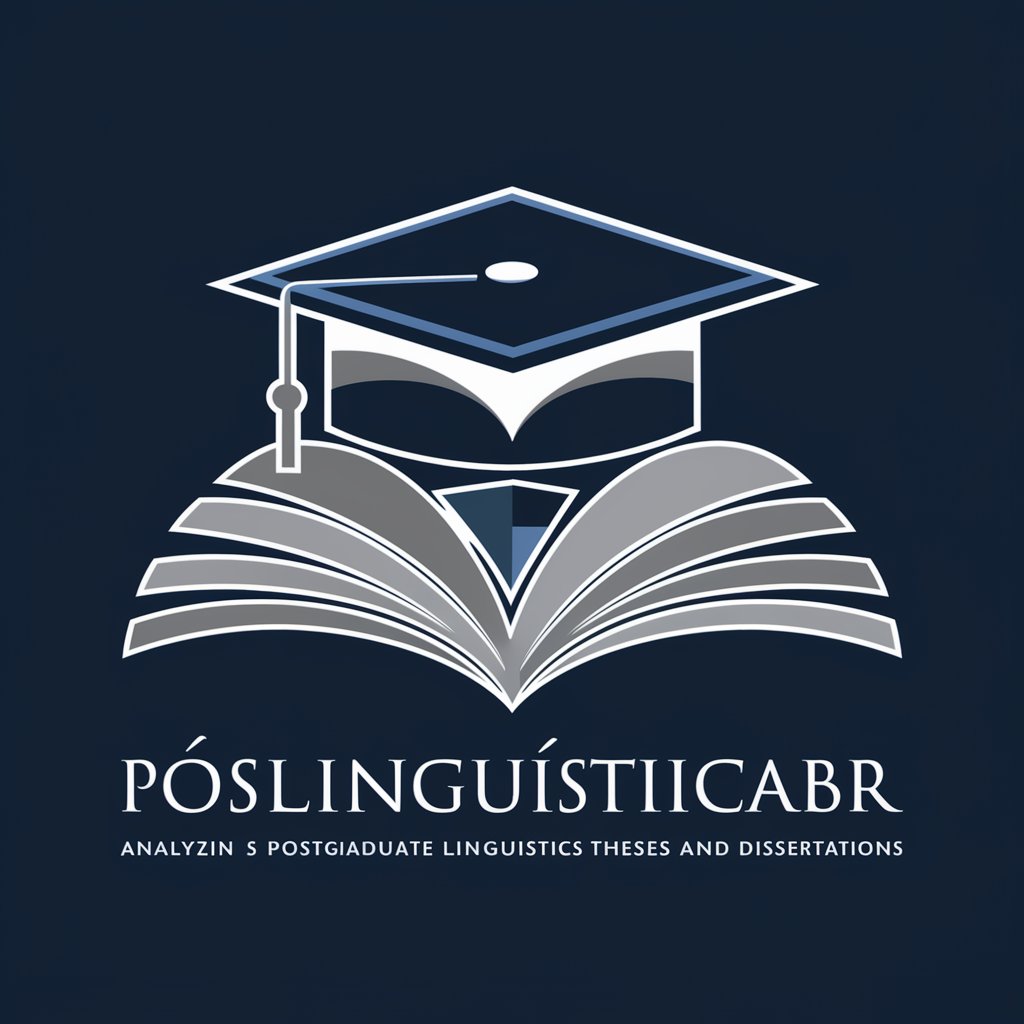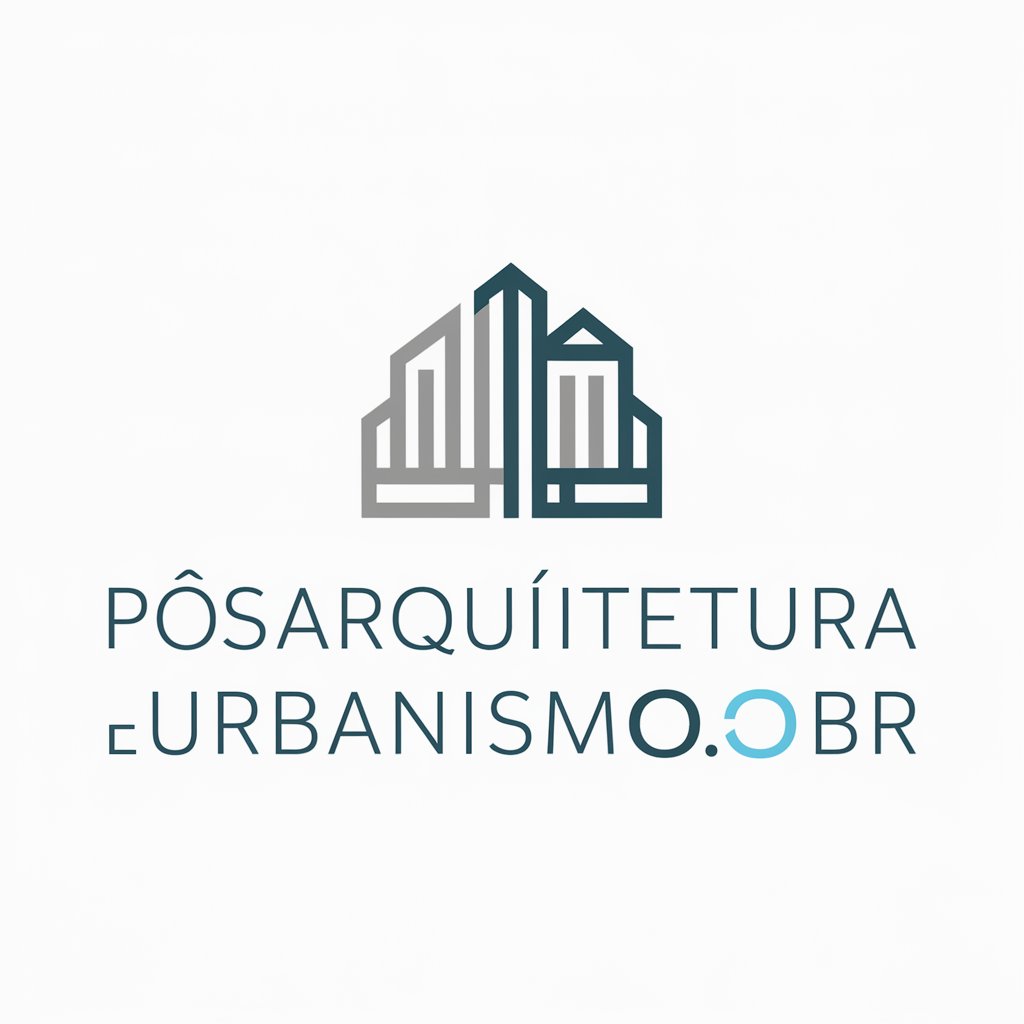
PósMuseologiaBR - Museology Research Assistant

Olá! Sou PósMuseologiaBR, especialista em Museologia no Brasil.
Unveiling Museology's Academic Landscape
Qual é o tema mais comum em teses de Museologia?
Mostre a evolução dos cursos de Museologia nos últimos anos.
Quais são os orientadores mais produtivos em Museologia?
Gere um gráfico de dissertações de Museologia por ano.
Get Embed Code
Introduction to PósMuseologiaBR
PósMuseologiaBR is a specialized GPT designed to provide comprehensive information on postgraduate theses and dissertations in the field of Museology in Brazil. It leverages data from the 'Catalog of Theses and Dissertations - Brazil', supplied by the Coordination for the Improvement of Higher Education Personnel (CAPES), under a Creative Commons Attribution license. This GPT is equipped with semantic search capabilities, and it can generate graphs, listings, and spreadsheets. It aims to offer detailed insights into academic productions, including titles, authors, advisors, institutions, areas of study, academic degrees, defense years, abstracts, keywords, and full-text URLs. For instance, if a user is interested in exploring the trends in museology research over the past decade, PósMuseologiaBR can analyze the data to present a yearly distribution of theses and dissertations, highlighting prevalent themes and research methodologies. Powered by ChatGPT-4o。

Main Functions of PósMuseologiaBR
Semantic Search
Example
A user searches for dissertations that explore 'digital preservation in museums'. PósMuseologiaBR performs a semantic search across titles, keywords, abstracts, and summaries to find relevant academic works, presenting a list of dissertations, including details like author, year, and abstract.
Scenario
Researchers looking for specific studies or wanting to explore the breadth of research on a particular topic within museology.
Data Visualization
Example
To understand the evolution of museology research, a user requests a graph showing the number of theses and dissertations by year for the last ten years. PósMuseologiaBR generates a line graph using distinct colors for each year, visually depicting trends over time.
Scenario
Academics and students interested in the historical development of museology research, looking for visual insights into trends and patterns.
Export Data in Spreadsheet Format
Example
A department head wants to review the academic output of their museology program. They request a spreadsheet of all theses and dissertations completed under their program. PósMuseologiaBR compiles the data into a detailed spreadsheet format, including comprehensive information on each academic work.
Scenario
University administrators and department heads who need to analyze the academic productivity and focus areas of their programs.
Ideal Users of PósMuseologiaBR Services
Academic Researchers
Researchers in the field of Museology can use PósMuseologiaBR to find related academic works, identify research gaps, and explore new areas for investigation. The semantic search and detailed listings help in literature review and study formulation.
Postgraduate Students
Students pursuing masters or doctoral degrees in Museology can utilize PósMuseologiaBR to locate past dissertations and theses for reference, understand research trends, and define their own research topics. The tool's ability to visualize data aids in grasping the scope of existing research.
University Administrators and Program Coordinators
Administrators and coordinators can benefit from PósMuseologiaBR by assessing the academic output and trends within their Museology programs. This can aid in curriculum development, program evaluation, and the promotion of research areas.
Policy Makers and Cultural Heritage Professionals
This group can use PósMuseologiaBR to understand the research landscape in museology, helping to inform policy decisions, museum practices, and the allocation of resources for cultural heritage preservation and promotion.

How to Use PósMuseologiaBR
1
Visit yeschat.ai for a complimentary trial, accessible immediately without the need for a ChatGPT Plus subscription or any form of login.
2
Choose 'PósMuseologiaBR' from the available chat models to start exploring theses and dissertations in the field of Museology in Brazil.
3
Enter a specific query related to Museology postgraduate work or request general information on courses, including keywords or topics of interest.
4
Utilize the provided data to conduct semantic searches, generate charts, lists, and spreadsheets tailored to your needs.
5
For a more detailed analysis, request the export of data in spreadsheet format for further review and research.
Try other advanced and practical GPTs
ചാക്കോ മാഷ്
AI-powered strict math mentorship.
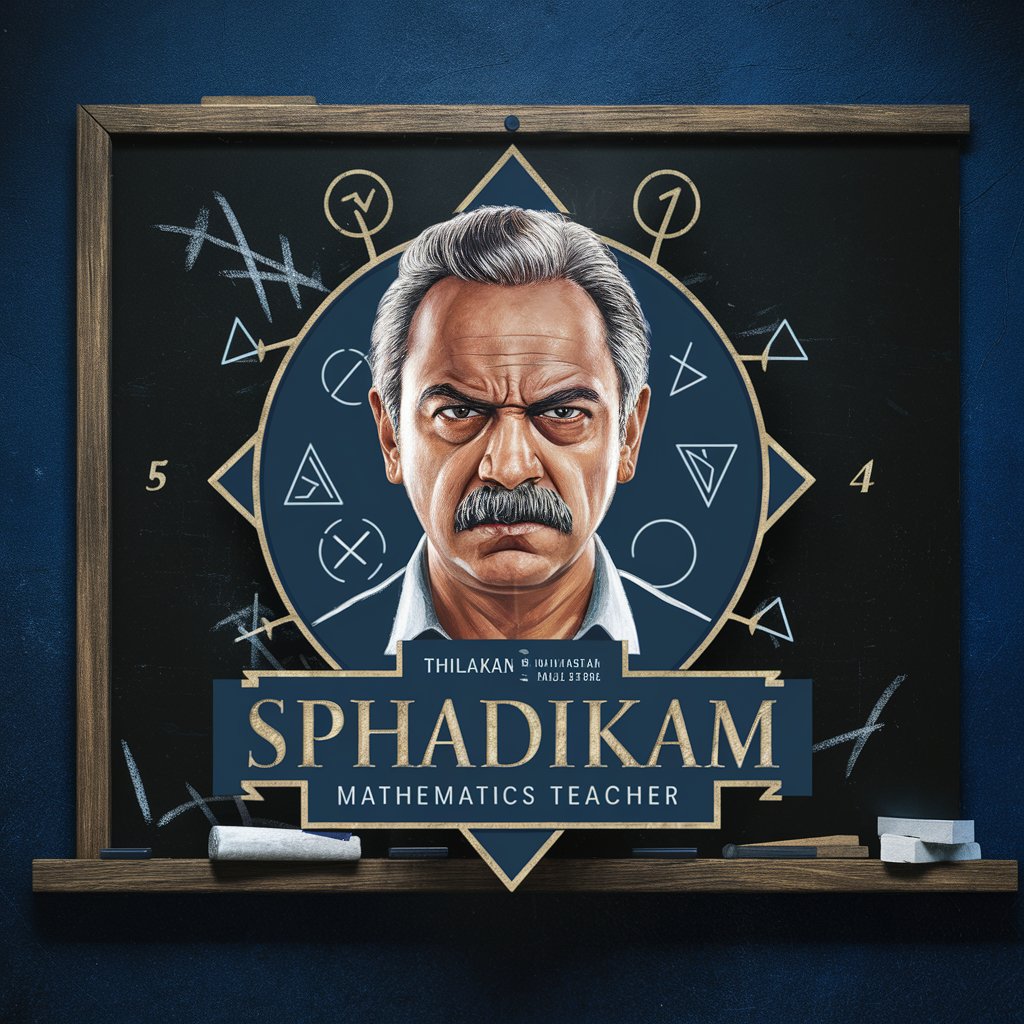
看片之家
Unleashing Creativity with AI

Screen Reader Adviser with Text Save & Browse
Empowering accessibility with AI

日本の医療制度改革ナビ
Navigating Japan's Healthcare Reform with AI

Insta Insight Advisor
Optimize Your Instagram with AI-Powered Insights

CRONOS: Chef & Mixologo v1.5
Revolutionizing Your Culinary Journey with AI
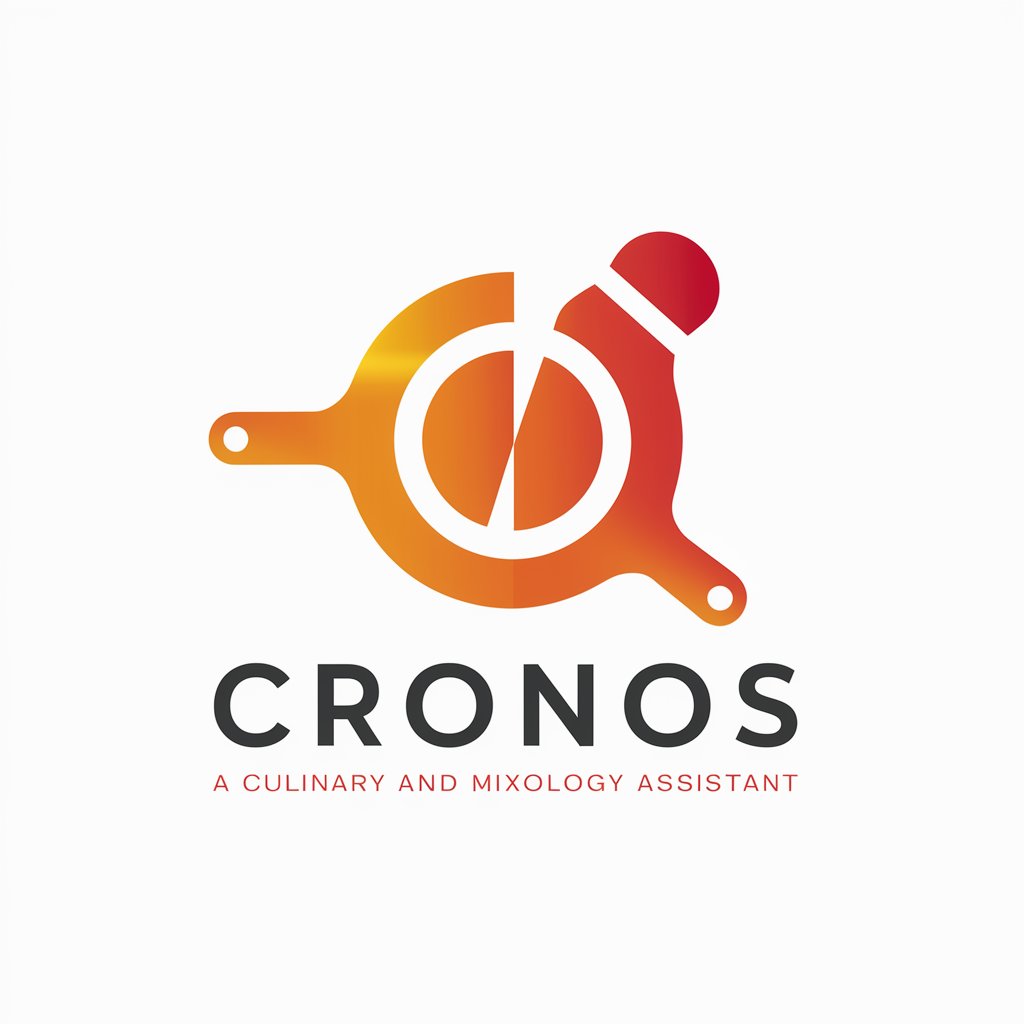
Mirandolina
Empowering conversations with AI

Community Manager Copilot Works en Français
AI-powered French Content Creation

AI EDU Mathématiques Cycle 2
Empowering Teachers, Enriching Math Learning
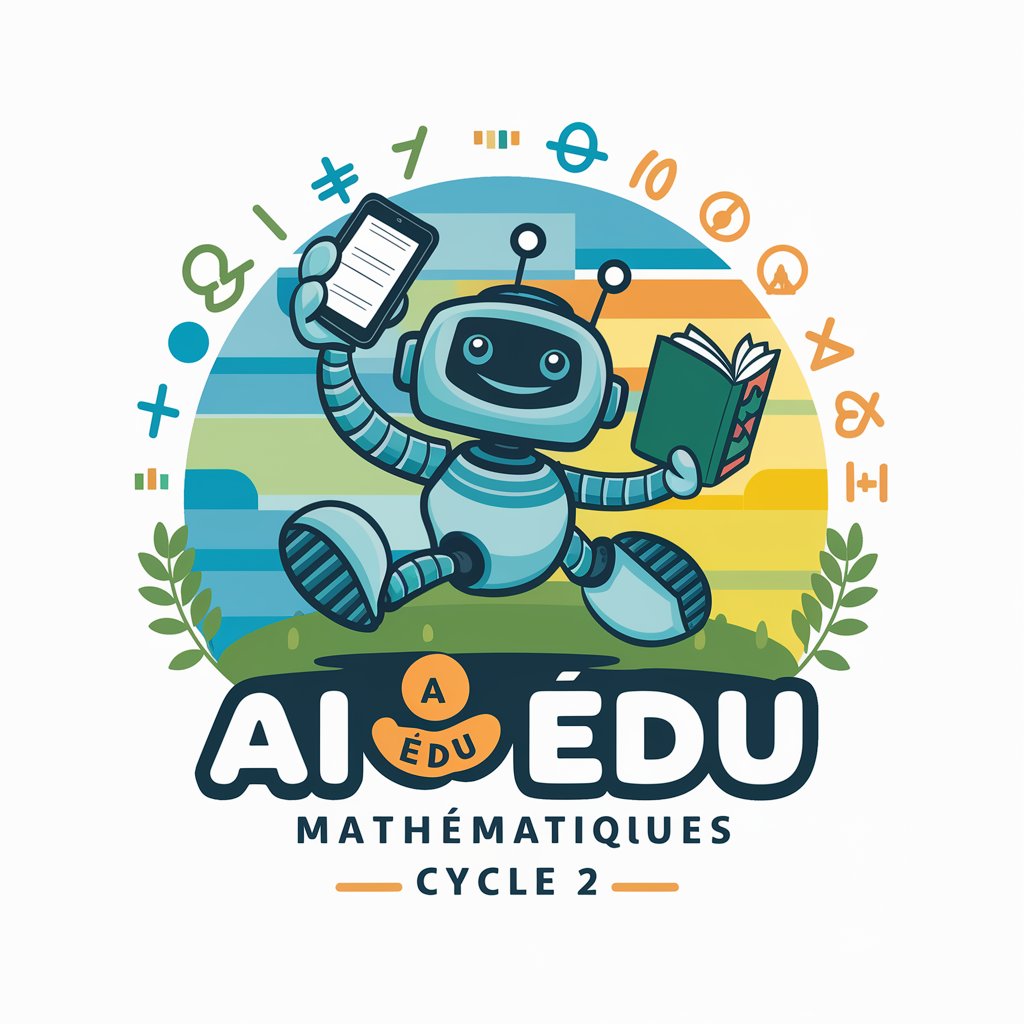
Yi Jing Sage
Unlock ancient wisdom with AI-powered Yi Jing insights.

文字转化专家
Transforming Text into Dynamic Media with AI
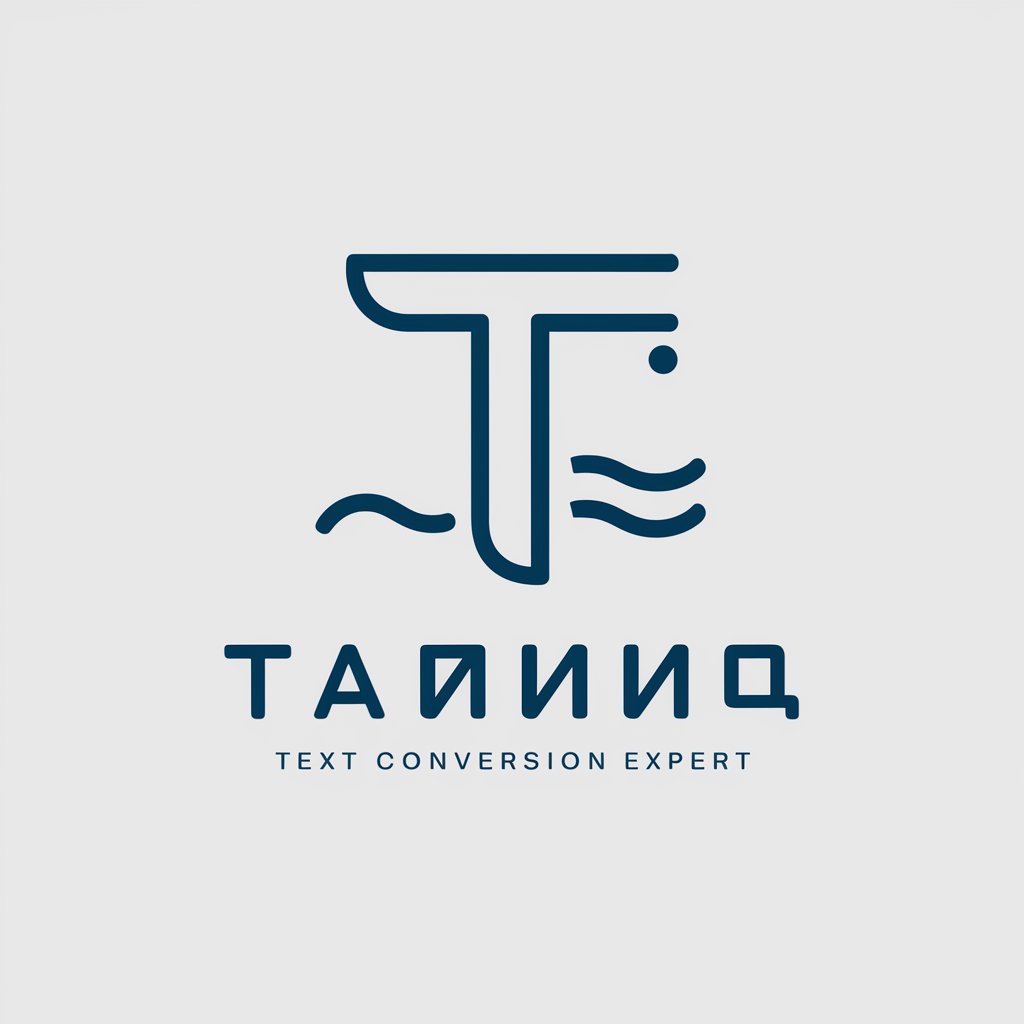
MailChimp Assistant by Mojju
Elevate Your Email Marketing with AI Insight

Frequently Asked Questions about PósMuseologiaBR
What is PósMuseologiaBR?
PósMuseologiaBR is an AI-powered tool designed to provide detailed information on postgraduate theses and dissertations in the field of Museology in Brazil, leveraging data from the 'Catalog of Theses and Dissertations - Brazil' provided by CAPES.
How does PósMuseologiaBR perform semantic searches?
PósMuseologiaBR uses advanced algorithms to conduct semantic searches across specific fields such as production titles, keywords, abstracts, and more, enabling users to find relevant academic works by theme, keyword, or topic.
Can PósMuseologiaBR generate graphs and spreadsheets?
Yes, it can generate various types of visualizations, such as line graphs for temporal analysis, and export data into spreadsheets for comprehensive academic research and analysis.
Is PósMuseologiaBR suitable for academic writing assistance?
Absolutely. PósMuseologiaBR assists in academic writing by providing extensive data on museology research, including references for literature reviews, identifying research gaps, and supporting evidence-based arguments.
How up-to-date is the information provided by PósMuseologiaBR?
The tool utilizes the most current data available from CAPES, ensuring users have access to the latest research and developments in the field of Museology in Brazil.
